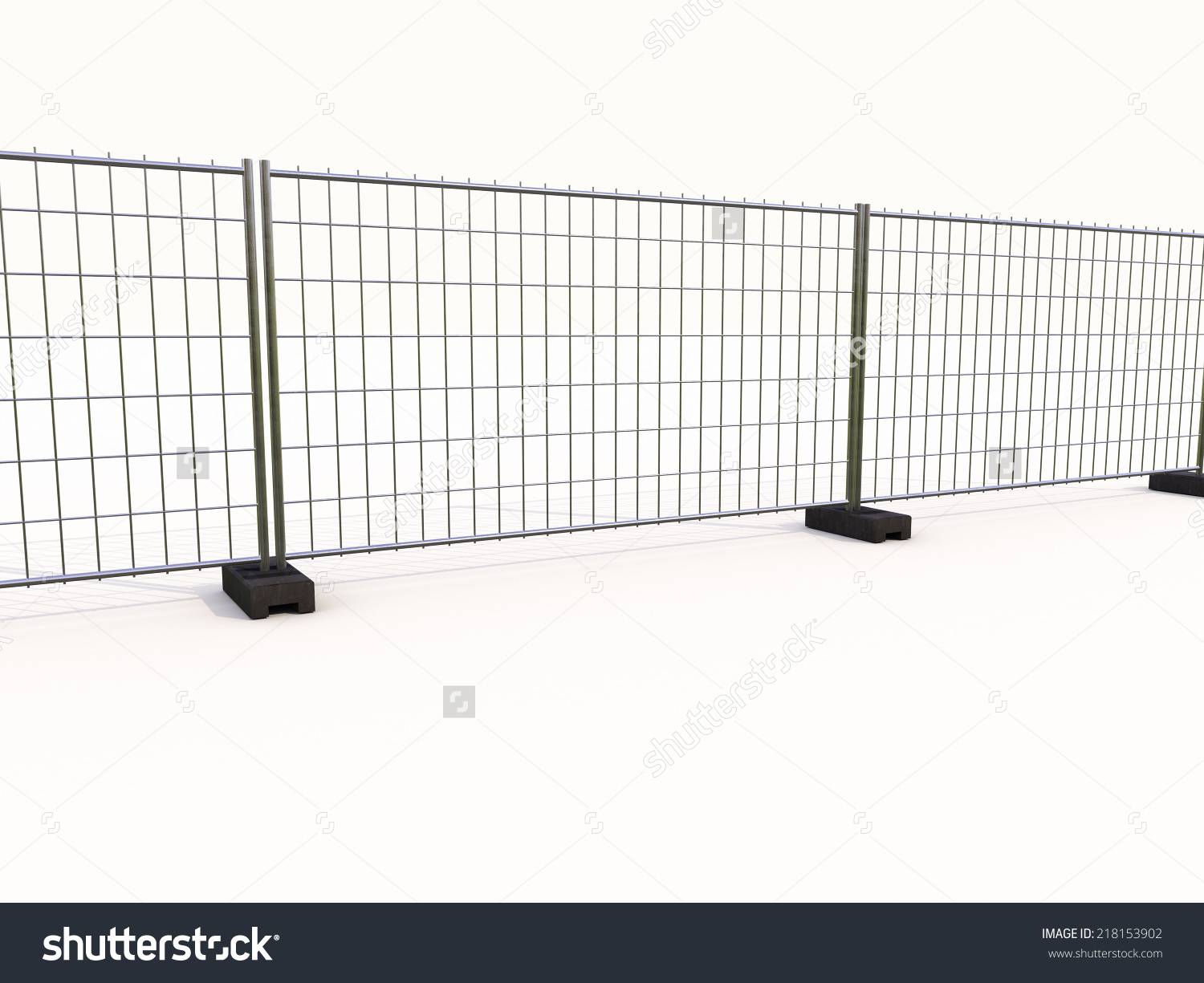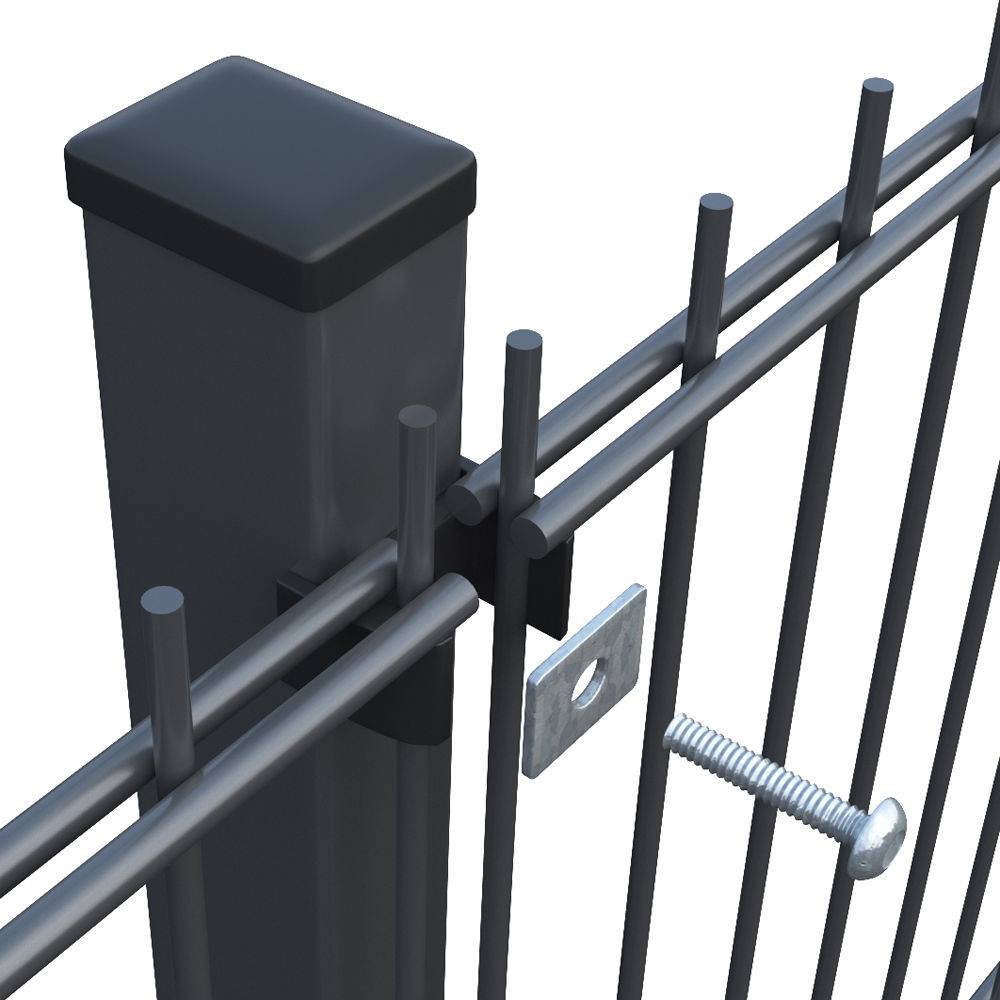

- Afrikaans
- Albanian
- Amharic
- Arabic
- Armenian
- Azerbaijani
- Basque
- Belarusian
- Bengali
- Bosnian
- Bulgarian
- Catalan
- Cebuano
- China
- China (Taiwan)
- Corsican
- Croatian
- Czech
- Danish
- Dutch
- English
- Esperanto
- Estonian
- Finnish
- French
- Frisian
- Galician
- Georgian
- German
- Greek
- Gujarati
- Haitian Creole
- hausa
- hawaiian
- Hebrew
- Hindi
- Miao
- Hungarian
- Icelandic
- igbo
- Indonesian
- irish
- Italian
- Japanese
- Javanese
- Kannada
- kazakh
- Khmer
- Rwandese
- Korean
- Kurdish
- Kyrgyz
- Lao
- Latin
- Latvian
- Lithuanian
- Luxembourgish
- Macedonian
- Malgashi
- Malay
- Malayalam
- Maltese
- Maori
- Marathi
- Mongolian
- Myanmar
- Nepali
- Norwegian
- Norwegian
- Occitan
- Pashto
- Persian
- Polish
- Portuguese
- Punjabi
- Romanian
- Russian
- Samoan
- Scottish Gaelic
- Serbian
- Sesotho
- Shona
- Sindhi
- Sinhala
- Slovak
- Slovenian
- Somali
- Spanish
- Sundanese
- Swahili
- Swedish
- Tagalog
- Tajik
- Tamil
- Tatar
- Telugu
- Thai
- Turkish
- Turkmen
- Ukrainian
- Urdu
- Uighur
- Uzbek
- Vietnamese
- Welsh
- Bantu
- Yiddish
- Yoruba

Effective Sound Barrier Walls & Gates Noise Reduction Solutions
Did you know 72% of urban homeowners report sleep disruption from traffic noise? Or that properties near highways sell 18% slower? Your peace matters. Let's explore how building a sound barrier
wall can transform your living experience.

(building a sound barrier)
Why Our Sound Barrier Technology Outperforms
While others use basic wood panels, our STC-35 certified barriers combine mass-loaded vinyl with recycled composite materials. See the difference:
| Feature | Standard Barrier | Our Solution |
|---|---|---|
| Noise Reduction | 8-12 dB | 22-28 dB |
| Lifespan | 7-10 years | 25+ years |
Wrought Iron Gates Meet Modern Soundproofing
Why choose between security and serenity? Our custom-built wrought iron gates integrate noise-damping insulation cores without compromising aesthetics. Clients report 40% less street noise after installation.
Residential Success
"After building a sound barrier wall with AcousticShield™, our backyard went from unbearable to blissful. Even construction noise stays out!" - Sarah T., Phoenix AZ
Commercial Application
Downtown Austin café reduced ambient noise by 62% using our dual-purpose barriers with vertical gardens
Your Custom Solution Awaits
Whether you need a 6-foot barrier for your patio or a 300-foot commercial installation, our team creates tailored solutions in 4 simple steps:
- Free site assessment
- Material selection
- 3D visualization
- Installation & guarantee
Ready for Peaceful Living?
Claim your free noise assessment today and get 15% off installation! Our team has installed over 12 miles of sound barriers across 9 states. Your quiet sanctuary starts here.
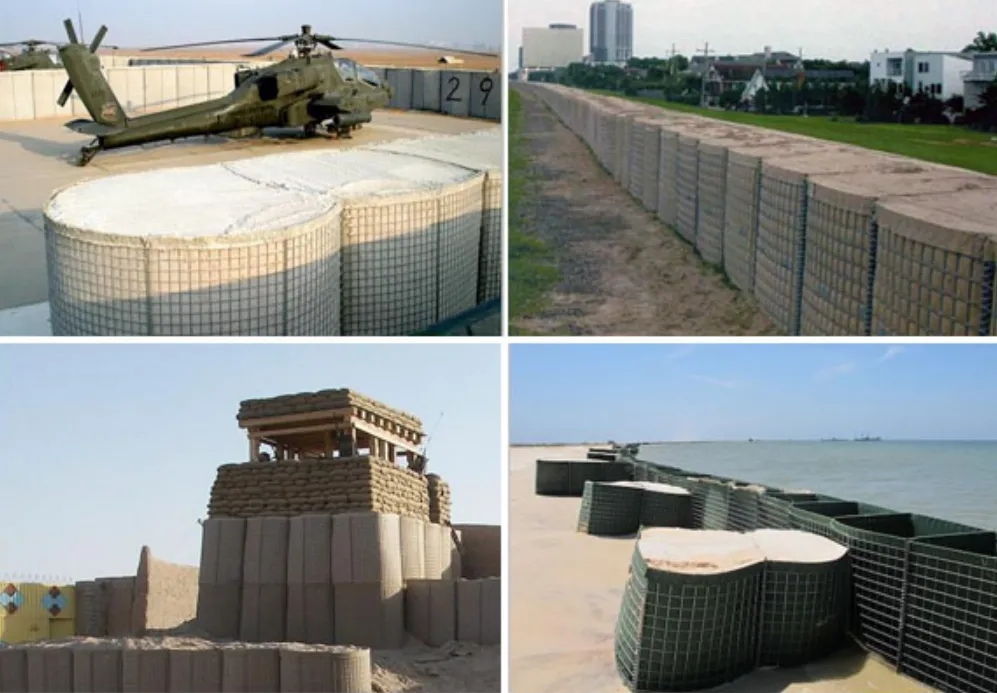
(building a sound barrier)
FAQS on building a sound barrier
Q: What materials are best for building a sound barrier wall?
A: Dense materials like concrete, mass-loaded vinyl, or acoustic foam are ideal for sound barrier walls. Thickness and airtight construction enhance noise reduction. Composite materials combining insulation and weather resistance offer long-term durability.
Q: How tall should a sound barrier be to reduce traffic noise?
A: A minimum height of 8-12 feet is recommended for effective traffic noise reduction. The barrier should break the line of sight between the noise source and protected area. Taller barriers may be needed depending on distance and elevation differences.
Q: Can a wrought iron gate function as a sound barrier?
A: Wrought iron gates alone provide minimal soundproofing due to their open design. For noise reduction, add sound-absorbing panels, dense vegetation, or seal gaps around the gate. Combining with a secondary wall improves effectiveness.
Q: What foundation is required for building a permanent sound barrier?
A: Concrete footings extending below frost line ensure stability for permanent barriers. For walls over 6 feet, engineered foundations may be required to withstand wind loads. Compacted gravel bases work for temporary or lightweight barriers.
Q: How much does building a sound barrier cost per linear foot?
A: Basic DIY barriers cost $20-$50 per linear foot using wood or recycled materials. Professional installations with acoustic panels range from $100-$300+ per foot. Prices vary based on materials, height, and site preparation requirements.
Recommended Products
Latest News About CHENG CHUANG
-
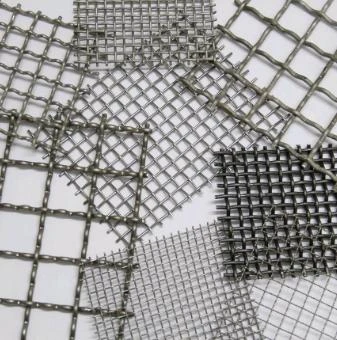 Wire mesh is durableWire mesh represents a cornerstone of modern industrial and agricultural solutions, offering unmatched versatility across countless applications.Read more >
Wire mesh is durableWire mesh represents a cornerstone of modern industrial and agricultural solutions, offering unmatched versatility across countless applications.Read more >Jul 11 2025
-
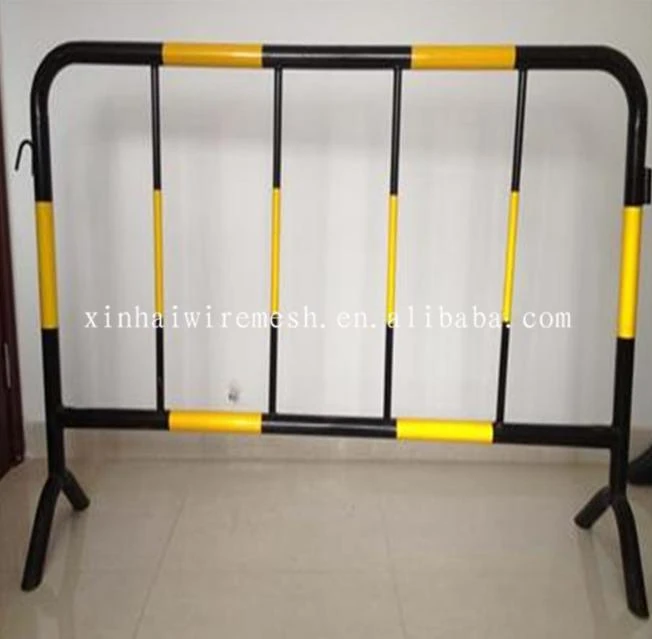 Safety barrier directs traffic flowIn high-risk environments, safety barrier systems stand as non-negotiable guardians against catastrophic incidents.Read more >
Safety barrier directs traffic flowIn high-risk environments, safety barrier systems stand as non-negotiable guardians against catastrophic incidents.Read more >Jul 11 2025
-
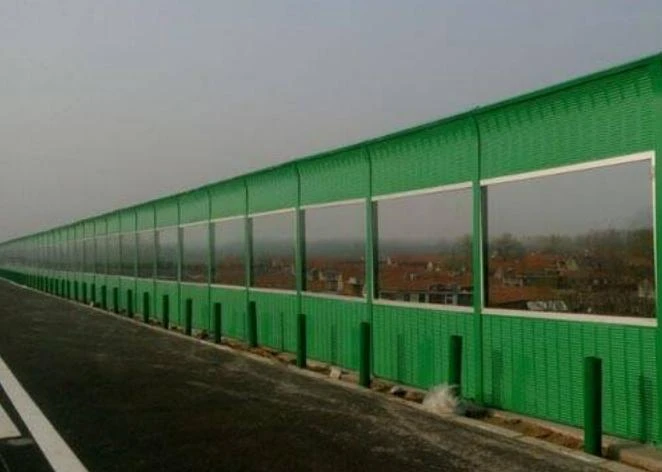 Modular Noise Barrier Eases InstallationUrbanization intensifies noise pollution, making noise barrier systems essential for preserving human health and tranquility.Read more >
Modular Noise Barrier Eases InstallationUrbanization intensifies noise pollution, making noise barrier systems essential for preserving human health and tranquility.Read more >Jul 11 2025
-
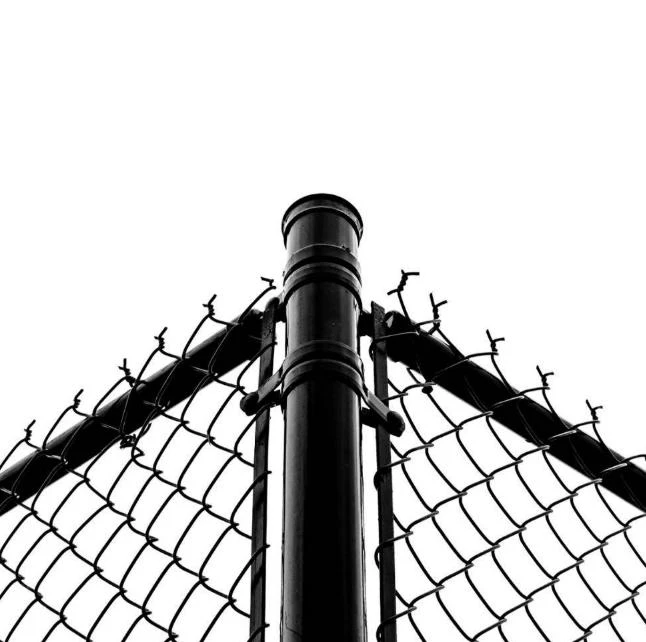 Metal fence types enhance securityMetal fence types form the backbone of modern perimeter security solutions worldwide.Read more >
Metal fence types enhance securityMetal fence types form the backbone of modern perimeter security solutions worldwide.Read more >Jul 11 2025
-
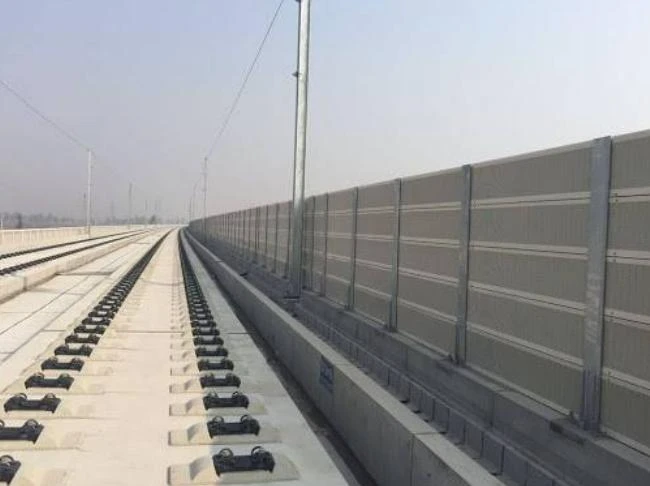 Crowd Control Barrier Manages Foot TrafficThe management of public gatherings demands precision, safety, and reliability, making crowd control barrier systems indispensable tools for organizers worldwide.Read more >
Crowd Control Barrier Manages Foot TrafficThe management of public gatherings demands precision, safety, and reliability, making crowd control barrier systems indispensable tools for organizers worldwide.Read more >Jul 11 2025
